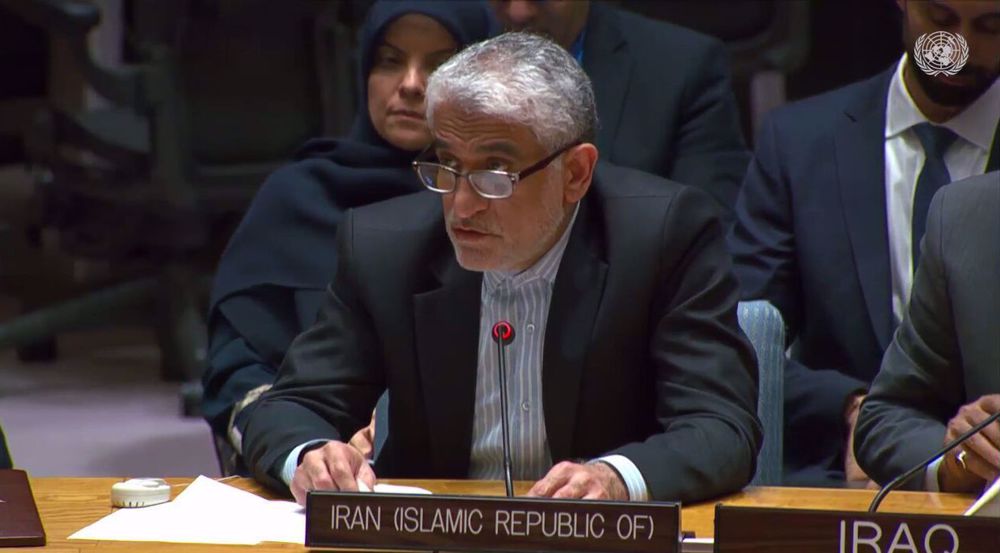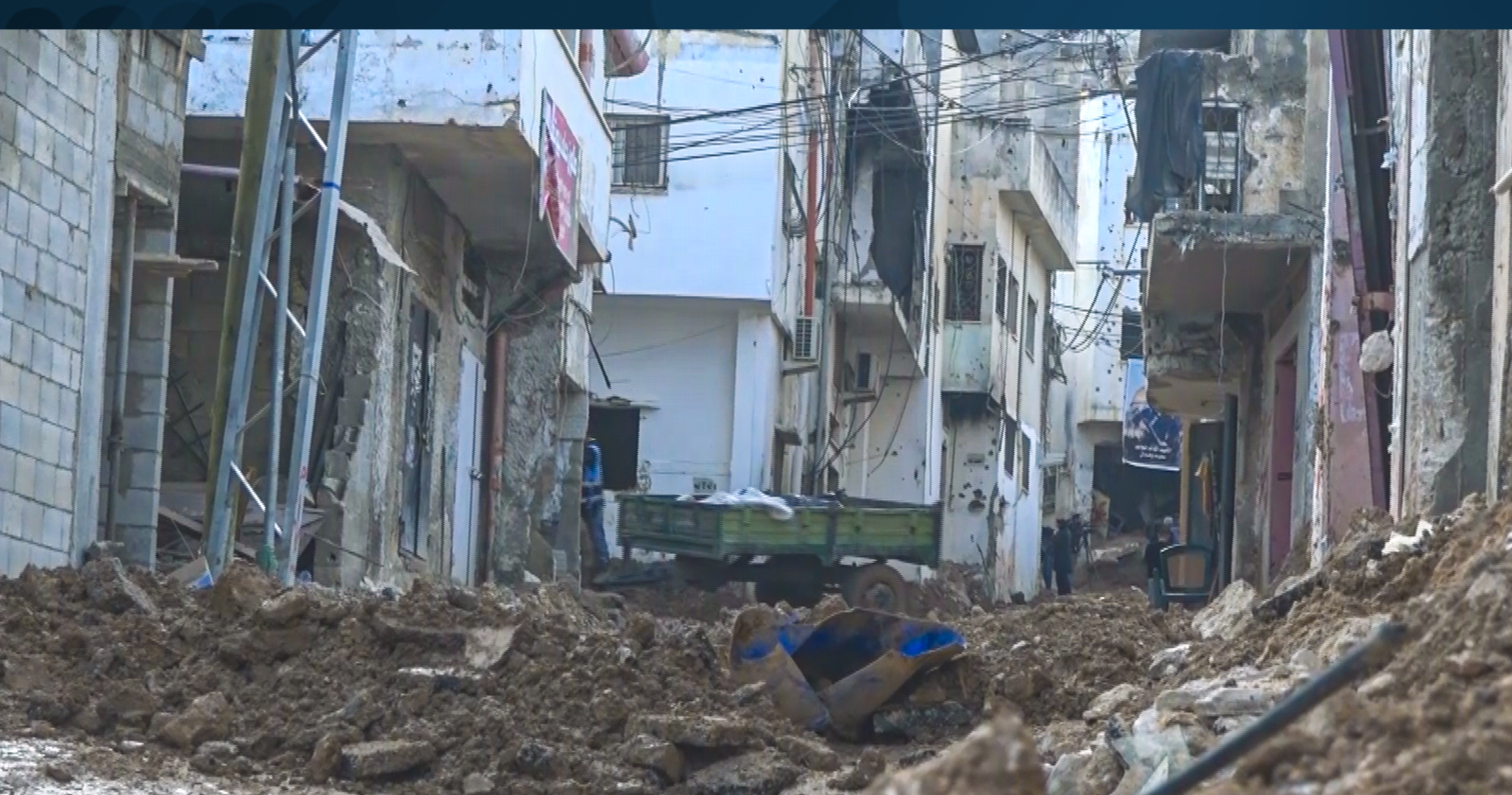France calls on Israel to stop building wall in West Bank
France has criticized a decision by Israel to resume the controversial construction of a separation wall south of the occupied West Bank, saying the move could seriously hamper the social and economic development in the area.
The French Foreign Ministry said in a statement on Saturday that renewed construction of the Apartheid Wall in Cremisan Valley will affect lives of the Christians in the town of Beit Jala near Bethlehem.
“France is concerned by the Israeli authorities’ resumption of construction of the separation wall in the historical Cremisan Valley, which will affect several dozen Palestinian families in Beit Jala,” the statement said, adding, “This wall is a new obstacle to economic and social development in the town of Bethlehem.”
The statement also reminded the regime in Tel Aviv that building the Apartheid Wall was declared illegal by the International Court of Justice in 2004. The ministry called on Israel to reverse its decision to resume the construction work at the site.
Local Christians in Beit Jala say Israel’s plans for renewed construction of the wall are meant to cleanse the area from the residents. Frequent clashes have broken out between the residents and Israeli forces over the past months with people urging an immediate stop to the operation in Cremisan.
The European Union has also expressed concern about the continued activity of the Israelis at the site. An EU delegation visited the area in 2015 and heard numerous complaints from the locals.
Israel resumed the constructions in August 2015, with reports suggesting that it is designed for the illegal annexation of the illegal Har Gilo settlement south of the occupied Quds (Jerusalem) so that it is connected to the illegal Gilo settlement. Israeli settlers have been illegally settled across the West Bank since the enclave was occupied in 1967.
The United Nations says nearly 60 kilometers (37 miles) of the Apartheid Wall is built on the Palestinian land. Israel began the construction of the illegal structure in 2002, claiming that the move came for security reasons.
US vetoing of Gaza ceasefire resolution ‘disgraceful’: Iran’s UN envoy
VIDEO | IAEA adopts anti-Iran resolution tabled by E3
VIDEO | Iran's president urges Pope to help end Israel's onslaught in Gaza
Iran's senior legal official: ICC arrest warrant for Netanyahu ‘great victory'
Nov. 21: ‘Axis of Resistance’ operations against Israeli occupation
VIDEO | Israeli forces storm West Bank’s Jenin again, target civilians
Iran activates advanced centrifuges after IAEA's 'unjust' resolution
VIDEO | Press TV's news headlines













 This makes it easy to access the Press TV website
This makes it easy to access the Press TV website